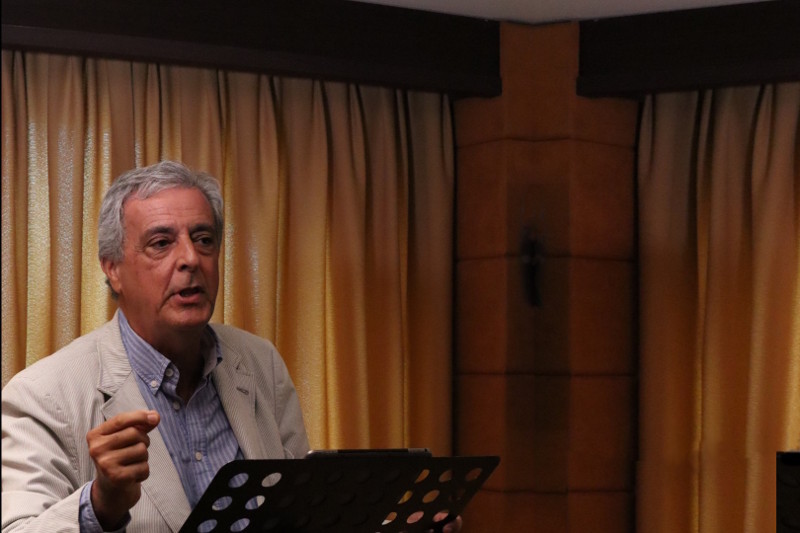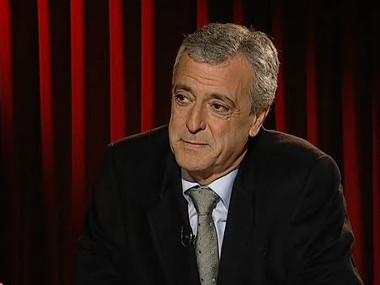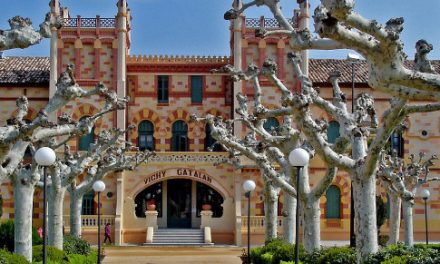
Dr. Juan Carlos García Valdecasas
Juan Carlos García-Valdecasas, full academician of the Royal European Academy of Doctors-Barcelona 1914 (RAED), presented, in the 4th International Act-European Congress of Interdisciplinary Research held by the RAED between the past 11 and 18 July, the work “La donación de órganos en España. Una labor bien hecha” (The donation of organs in Spain, a job well done), which explains the birth of the Spanish system of organ donation and transplantation, an international benchmark both at a medical and legal level promoted three decades ago by the academician himself, among others academics.
García-Valdecasas explains in his presentation how the key to the success of the system was to begin by setting concrete and rigorous bases. First, establish a protocol to keep the potential donor hemodynamically stable while deciding the viability of the donation. Second, establish the diagnosis of brain death safely, for which another protocol was established. And, finally, develop a methodology that would allow families to be approached, in this painful situation so that they would accept the donation and assume it as a positive thing. “These three facts marked the axis of the donation in Spain and gave it a differential aspect with the rest of the organizations in the world”, explains the academician.
 Although García-Valdecasas says that the decisive step for the system to emerge was the legal reforms that drove the donation. “The Spanish law established the criteria for brain death and marked who could be a donor, while saying that, from the outset, everyone was. It was a legislation that was committed to facilitate donation in all areas”, he says.
Although García-Valdecasas says that the decisive step for the system to emerge was the legal reforms that drove the donation. “The Spanish law established the criteria for brain death and marked who could be a donor, while saying that, from the outset, everyone was. It was a legislation that was committed to facilitate donation in all areas”, he says.
“The Spanish donation model has been disseminated throughout the world, and training courses have been held in a large number of European countries, as well as in the Americas, with the aim of achieving the same results. In those who have been able to implement it, the success of this process has been seen in the short and long term”, concludes the academician, congratulating himself on a path that he began to walk with optimism.




